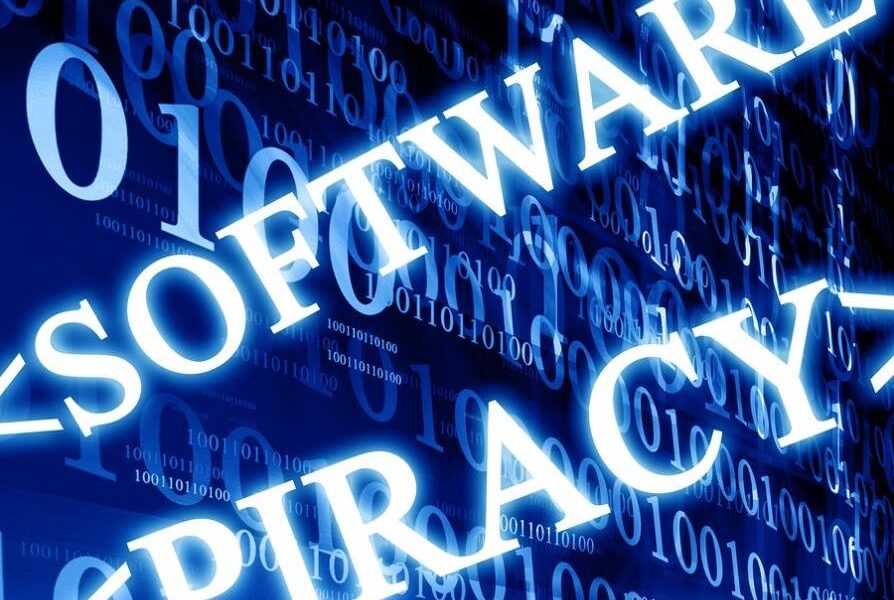If your business creates software or simply uses it to perform work – let’s face it, what business doesn’t use software in one way or another – we encourage you to take note of a recent ruling made by the U.S. Court of Appeals for the Ninth Circuit. The case – Design Data Corp. v. Unigate Enterprise, Inc., Case No. 14-16701 – stemmed from a dispute between a software company (Design Data Corp.) and a company they claimed infringed upon their copyrights by downloading a pirated copy of their application. Key takeaways from the court’s decision: 1. Merely downloading pirated software constituted copyright infringement even though the software was never installed (i.e., downloading without installing was not considered a de minimis act). 2.The copyrights of the software developer did not extend to the output of the program, because the program itself was not the primary author of that output. The Background Unigate creates models of steel components in two and three-dimensional CAD files using contractors in China, then sells the models to clients in the United States. Unigate advertised that it had the ability to provide its services using a CAD software program owned by Design Data. The company, however, never purchased a license to use Design Data’s program, but instead downloaded an unauthorized “cracked” copy of the program that allowed individuals to use the software without a license. Unigate argued that it merely downloaded a “free demo” of Design Data’s software and did not know that it was a “cracked” copy. The evidence, however, showed that at least one of Unigate’s Chinese contractors used the unauthorized version of Design Data’s software to produce CAD files. Court Decisions Unauthorized use of a copyrighted work is not actionable unless it is “significant enough to constitute infringement.” The district court found that Unigate’s actions were de minimis, found no copyright infringement of the downloaded software, and granted summary judgment in favor of Unigate. Design Data appealed. The Ninth Circuit reversed, finding that Unigate’s actions were not de minimis and could thus support a claim of copyright infringement. The court noted that Unigate intentionally downloaded a copy of Design Data’s software and three patches that allowed Unigate to “crack” the software and use it without authorization. Unigate’s computers also contained files generated by the Design Data software, and the company advertised to its customers that it was able to use the Design Data software. Even though there was no evidence that Unigate installed the Design Data software, Unigate’s actions, when taken together, were significant enough to constitute copyright infringement. The Ninth Circuit also determined that Design Data did not own the output of the Design Data software. Some cases suggest that the owner of the copyright in a computer program may also own the copyright in the program’s output when the program “does the lion’s share of the work” in producing the output. This would be the case, for example, when the user’s input is so marginal that the output reflects the work of the computer program rather than the user. Here, Design Data showed that Unigate imported and distributed output files from the Design Data software, but Design Data did not provide evidence that the software, rather than the user, produced the output. Design Data thus failed to prove that it held the copyright in the output files and could not prove copyright infringement by those output files. Why These Decisions Matter As we mentioned at the beginning of this article, it’s hard to find a business today that is not dependent on software to perform some aspect of its service or business operations. As a software user, it is important to establish and enforce policies managing the acquisition and use of software applications. Keys: • Review both print and “click through” software license agreements with an attorney before allowing members of your staff to use those tools. • Maintain documentation of software license purchases made and how your organization controls the use of those applications – especially in cases where the application itself does not restrict use to the proper number of users or systems. • Educate your staff so they recognize when management should be involved before downloading or subscribing to an application or tool. On the other hand, if your company creates and licenses software, use this case as a reminder to practice diligence in controlling access to your valuable intellectual property. Additionally, this ruling should inspire you and your management team to determine if claiming copyright protection of the output your software produces is important to your business. If so, you will want to develop a strong “story” for why your application, and not the user, does the “lion’s share of the work” to produce that output.

Downloading Pirated Software Without Installing It is Still Copyright Infringement
Finkel Law Group, with offices in San Francisco and Oakland, has extensive experience helping its clients navigate federal and state laws affecting their intellectual property rights, including all interests they maintain in their copyrights. When you need intelligent, insightful, conscientious and cost-effective legal counsel to assist you in understanding new laws that may affect your company’s intellectual property rights, please contact us at (415) 252-9600, (510) 344-6601, or info@finkellawgroup.com to speak with one of our attorneys about your matter.
